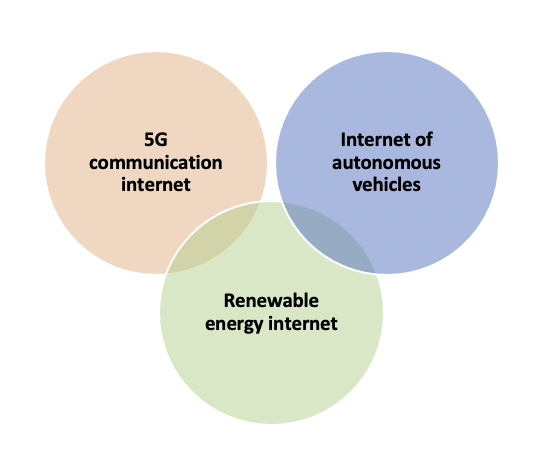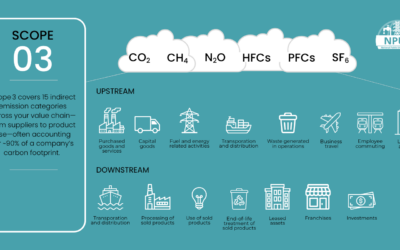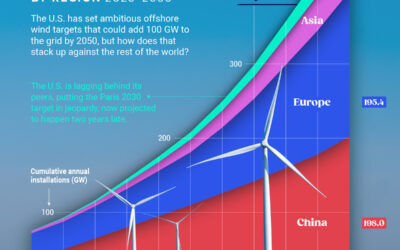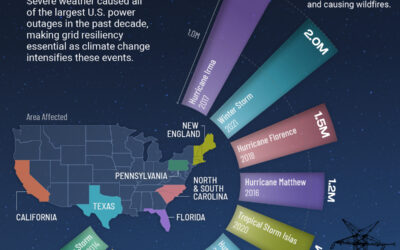Why you Should Watch Vice Documentary Films – The Third Industrial Revolution: A Radical New Sharing Economy
“Our industrial civilization is at a crossroads. Oil and the other fossil fuel energies that make up the industrial way of life are sunsetting, and the technologies made from and propelled by these energies are antiquated.”
– Jeremy Rifkin
Are we as a species going to hold on and continue with business as usual or be proactive and evolve to make the necessary changes both economically and environmentally? More needs to be done now or we may run out of time.
In the Vice documentary, The Third Industrial Revolution: A Radical New Sharing Economy, Jeremy Rifkin, a social and economic theorist, lays out a roadmap to usher in a new economic system and details its viability to reduce our use of precious natural resources. The film is based on Rifkin’s 2011 book, The Third Revolution: How Lateral Power is Transforming Energy, the Economy, and the World.
This “Third Industrial Revolution” that Jeremy Rifkin describes will be built on the emergence & convergence of three defining technologies: an ultra-fast 5G communication internet, a renewable energy internet, and an internet of autonomous vehicles — all connected via the Internet of Things platform. In turn, this establishes a “Super Internet” of seamless interconnectivity between society and the environment.

It is through this smart digital infrastructure that will give rise to a radical new sharing economy to transform the way we manage, power, and move economic life. But with climate change now ravaging the planet, it needs to happen fast. Change of this magnitude requires political will and a profound ideological shift.
What was so riveting about this documentary was the realization that, as a society, we are already living under this paradigm shift of socioeconomic activity. The YouTube’s, Uber’s & AirBnB’s of the world are where we’ve developed a mass sharing of information, transportation, and living spaces, all at near-Zero Marginal Cost. Zero Marginal Cost is a term that describes a condition where additional units can be made without extra costs for producing it. An example is the installation of a solar panel that may cost a few hundred dollars at installation but over the next 20 to 30 years, will allow for free solar energy conversion into all-purpose electricity.
For this Third Industrial Revolution to be successful, the Millennial Generation, partnered with Generation Z, will need to be the driving force. The Millennial Generation and Generation Z current consist of 40% of the US population.
The Third Industrial Revolution may sound like a utopian construct, but we are already living within its infancy. It will be up to the Millennial Generation to ultimately take the Third Industrial Revolution to its mature form and change the way we work, change the way we live, and hopefully, reverse climate change along the way. This documentary is a very profound and empowering message. Check it out below.
Author: Josh Biralde



